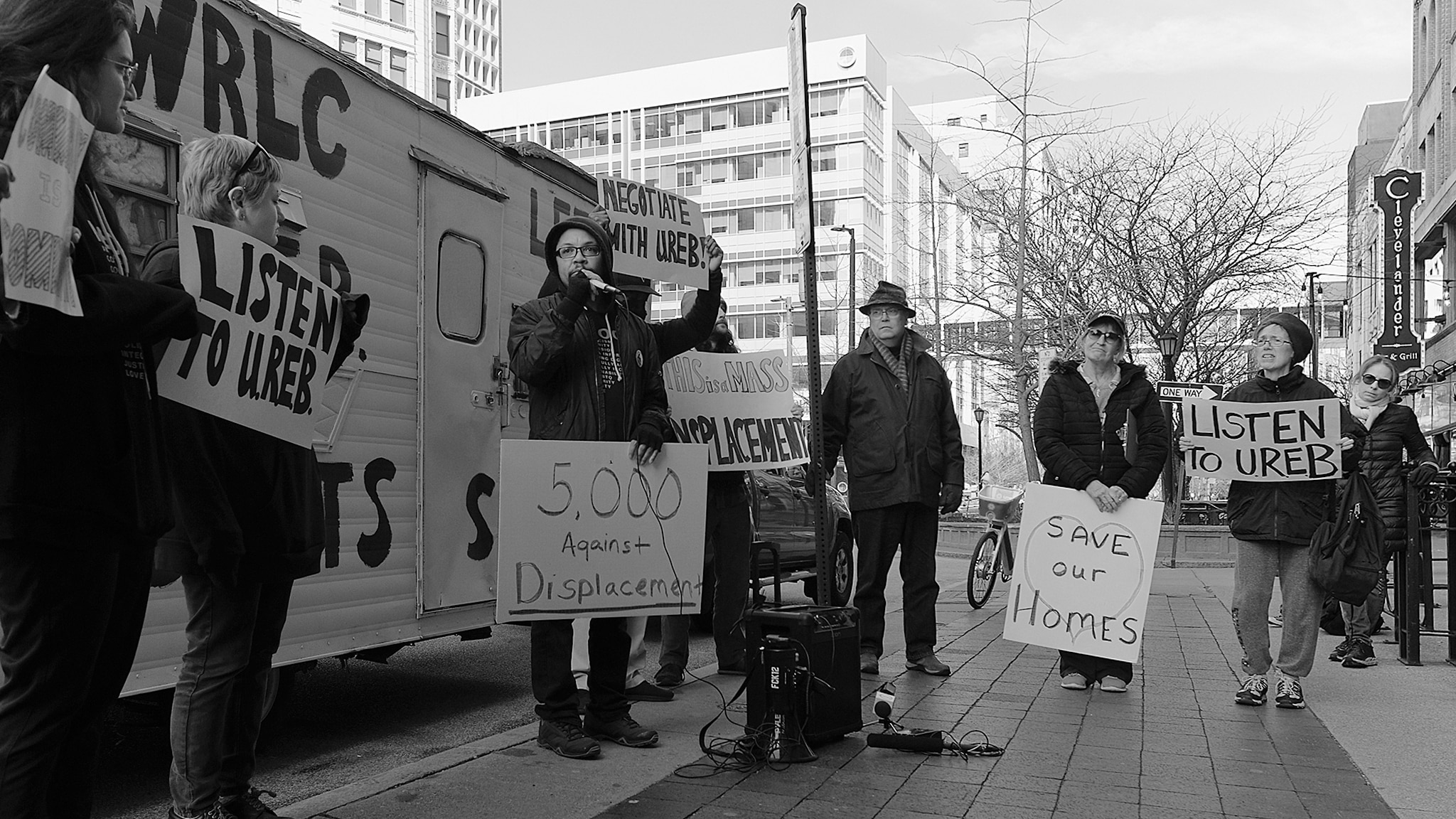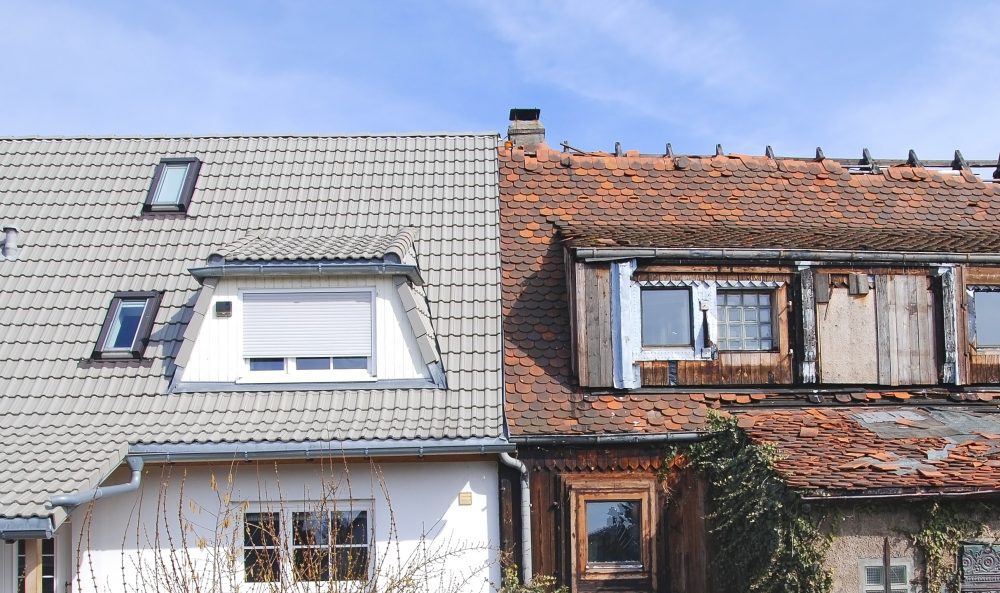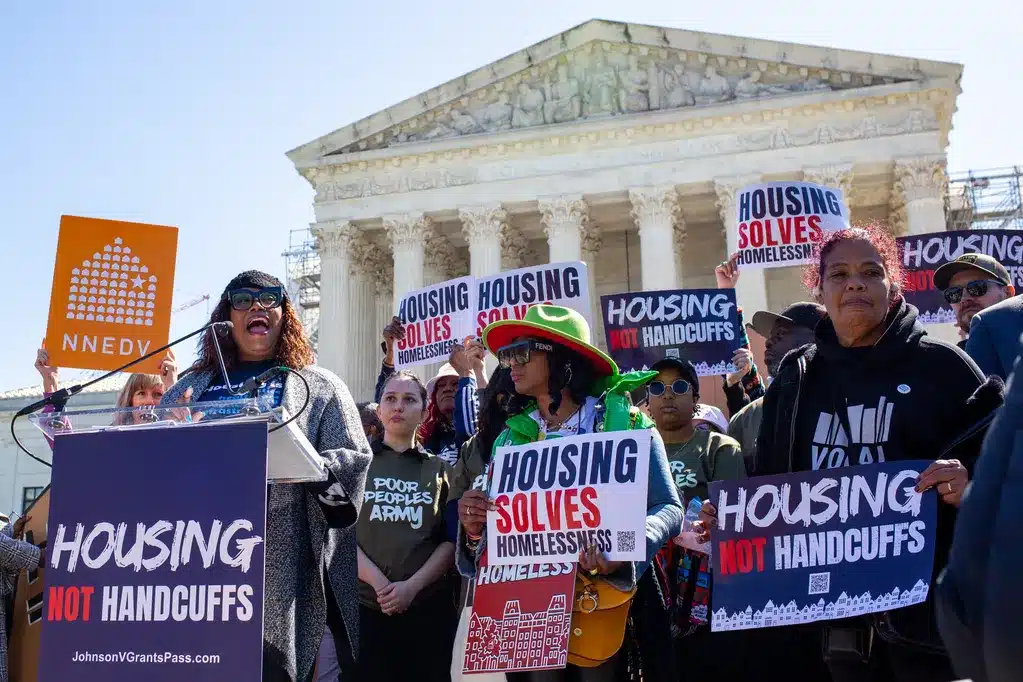Columbia Deal Avoids Eminent Domain Pain trumpeted yesterday’s New York Post headline. After all the struggle over Columbia University’s plan for a new campus in the Manhattanville neighborhood, which I covered for Shelterforce earlier this year (Will Columbia Take Manhattanville?), it’s tempting to latch onto something that sounds like good news and a resolution of bitter conflict and breathe a sigh of relief.
Unfortunately, the pain being avoided is mostly Columbia’s. The agreement with the Empire State Development Corporation specifies only no residential eminent domain, something Columbia long ago promised to commit to. There are only a few residential buildings in the new campus’s footprint, and the ones most at issue are owned by the City of New York, so displacement could occur there without any eminent domain, just by never turning over ownership to the tenants through the Tenant Interim Lease program as had been the plan for many years. Those buildings are also in the footprint of the second phase of Columbia’s plan, leaving many years for agreements to shift and be qualified or as Ron Shiffman of the Pratt Center for Community Development put it, “be massaged,” before their final fate is settled.
Meanwhile, the agreement doesn’t cover commercial eminent domain, which is the topic that is the most contentious in the redevelopment scheme, with two remaining commercial building owners, whose buildings house many tenants who employ many people, still refusing to sell.
So kudos to Columbia for scoring a PR victory, but shame on a credulous press that should have known well just how little this agreement actually meant.




Since just the words “eminent domain” have come to sound like nails on a chalkboard post-Kelo it’s no surprise that power players are finding backdoor ways to acquire residential property and displace tenants. But the commercial aspect of neighborhood change seems to fly under people’s radars, whether businesses are displaced by eminent domain or plain-old gentrification.
In any case, when development separates low-income people from the affordable, accessible goods and services they depend on, it doesn’t take a genius to figure out what happens next.
Kudos for putting the reality of this real estate saga into perspective.
Given the existing neighborhood, I think in this case it’s more about losing jobs than retail/services, but your point still holds. And the loss of affordable retail/services in favor of high-end retail is a problem in many places that doesn’t get discussed nearly enough.
Good point – isn’t the neighborhood still somewhat light industrial? Of course it’s the accessible jobs that pay a living wage that get targeted.